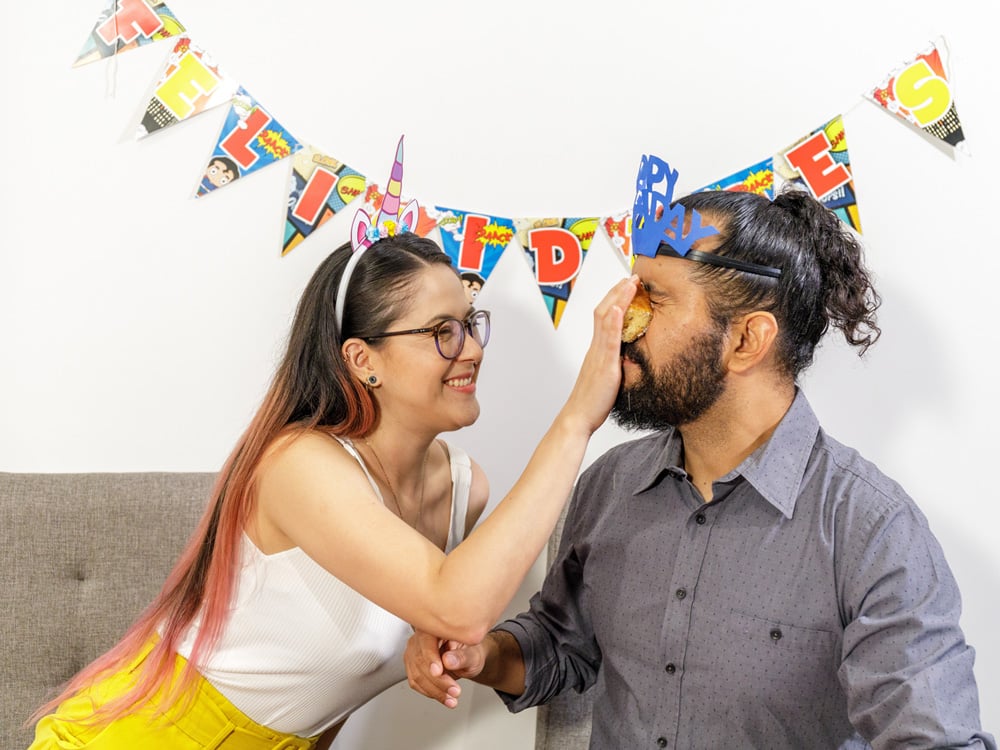A bottle of wine for a coworker who doesn’t drink. Clothes in the incorrect size or style. A duplicate of something already owned. We’ve all either received a bad gift or know someone who has. Or maybe sometimes the bad gift-giver was you.
Ultimately, the psychology of gift-giving teaches us that a bad gift doesn’t indicate a lack of love. However, it does bring up the topics of gift etiquette and gift anxiety.
What do you do if someone gives you a bad gift? What can you do to prevent fears of giving someone a gift they won’t love?
Here’s your guide to navigating bad gift-giving.
A look at the psychology of gift-giving
According to the American Psychological Association, showing generosity toward others makes people happier. It creates positive feelings when we do nice things.
If someone gets you a gift, no matter its quality, there’s a good chance that they are still trying to do something kind and generous.
If you have gift-giving anxiety or know you have a habit of giving bad gifts, feel reassured that the recipients probably understand, “it’s the thought that counts.” After all, a gift is a gift.
What should you do if you receive a bad gift?
You mentioned that you could use some peace and quiet, and your dad got you noise-canceling headphones. This wasn’t quite what you had in mind. What do you do now?
First, always make sure to say thank you. A handwritten thank you note or another heartfelt show of gratitude is always the best gift etiquette, no matter the present.
It’s also acceptable to return, exchange, recycle, or donate a gift you don’t want. You know the gift-giver best. Sometimes the best and only thing to say is thank you. Giving gifts might be their top love language or the way they like to show love. While you may feel inclined to be honest and tell them it wasn’t quite right this may lead to hurt feelings and added anxiety on both sides.
How can you reduce gift-giving anxiety?
If you are afraid of giving a bad gift or have developed a bit of a reputation for not being a great gift-giver, here are some tips to help you.
- Avoid competition: Don’t try to find the “best gift ever,” and try to minimize any thoughts that you’re only a great friend if you discover a great gift.
- Think about the future: Instead of looking for a gift that will make your friend, family member, or loved one happy today, think of a gift they’ll still appreciate a year or two from now.
- Focus on the recipient: Remember, a gift is meant to be an act of generosity. You can minimize a lot of anxiety and pressure by considering a gift that will make the recipient happy.
- Stick to wishlists: If your friend or family member doesn’t use Giftster, now’s the time to suggest they try it. At giftster.com they can create a free, private gift registry to share with anyone. And you’ll get gifts right. Every. Time.
- Provide gift receipts: If the recipient doesn’t like your gift, no big deal. They can easily return or exchange it, and they’ll always remember that you thought of them.
Happy gifting!











